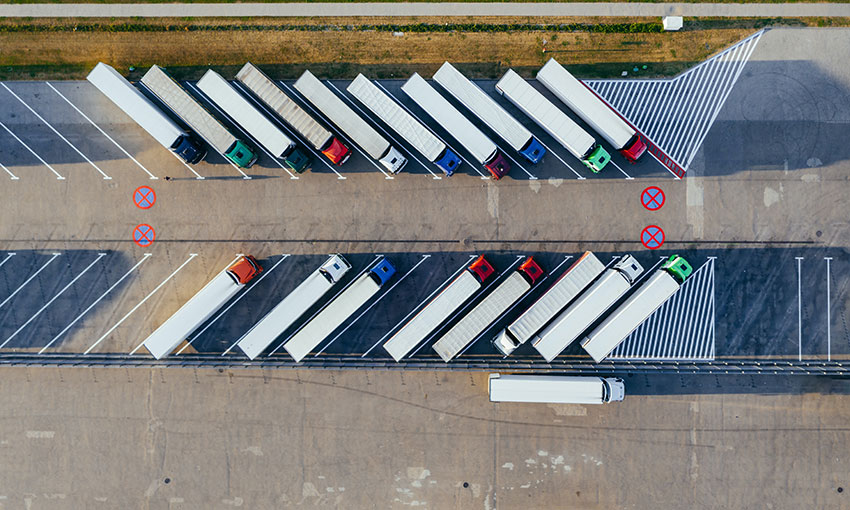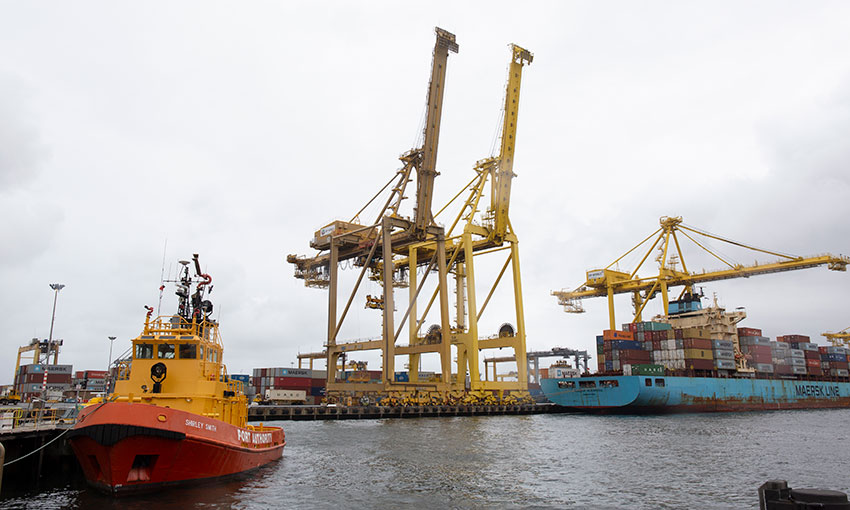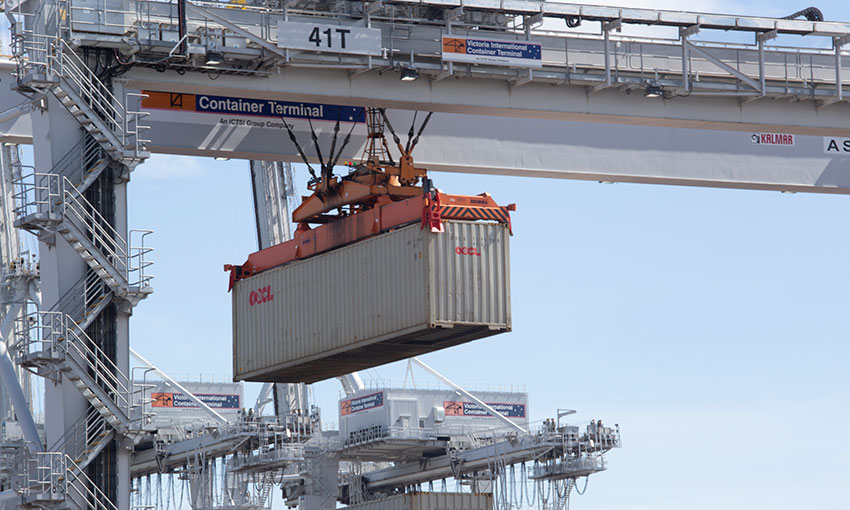TRANSPORT workers in Victoria who are involved in food distribution are required to receive their COVID vaccination by 12 March, under a mandate coming into force at midnight on 12 January.
The same regulation exempts this group from close contact isolation requirements, to ensure freight workers in food distribution can attend work if it is necessary for continuity of operations, and if other options have been exhausted.
To mitigate risks, the exempted workers must be asymptomatic, undertake daily rapid antigen tests for five days and return a negative result prior to attending work.
“This is a sensible extension of our existing vaccination requirements – ensuring our critical workers and the vulnerable community members they look after are protected,” minister for health Martin Foley said.
“Victoria is open and the community is encouraged to support businesses in a COVID-safe way.”
Road transport association NatRoad welcomed the announcement of the exemption, and said any sensible action taken to make the freight task easier during stressful times should be acknowledged.
“We note that this applies where necessary for continuity of operations and when other options have been exhausted,” the association said in a statement.
“We recognise that this exemption brings truck drivers into line with critical healthcare workers in Victoria and as essential workers, neither should have to foot the cost.
“We are hopeful that governments will make RATs available to both groups, free of charge.”
The mandate closely follows a change to self-isolation rules in NSW and Queensland, which allows critical workers who are close contacts of a case and are asymptomatic to return to work without a period of isolation.
Comparing Victoria’s new requirements to those implemented further north, Container Transport Alliance Australia director Neil Chambers told DCN the state’s definition of a key worker is too narrow.
Although the minister of transport reportedly recognised the need to extend the mandate to include other container transport workers, this needs to be understood more broadly.
“It’s [going to involve] getting the point across to the department of health, where they consider whether putting a ring around this requirement for food distribution centres is going to help overcome the problems of shortages on supermarket shelves,” Mr Chambers said.
“It’s clearly not as easy to do that from a logistics point of view as one would like.”
Mr Chambers also raised concerns relating to the required third dose of vaccine, namely that it could carry unintended consequences in terms of staff shortages, echoing earlier challenges created by vaccine hesitancy.
“People in the freight and logistics industry in Victoria were mandated to have their first two doses, and while the majority or people did that willingly, around 5% of people were completely anti-vax, and probably another 5% that were hesitant,” Mr Chambers said.
Although the number of workers refusing to receive the vaccination was comparatively small, most transport companies experienced some loss in staff because of it.
“The potential for the mandatory third dose mandate having a similar effect could compound the current shortages, which are manifesting themselves because of the omicron variant with people who either have COVID and are self-isolating, or are close contacts of someone who has covid and are isolating.”





